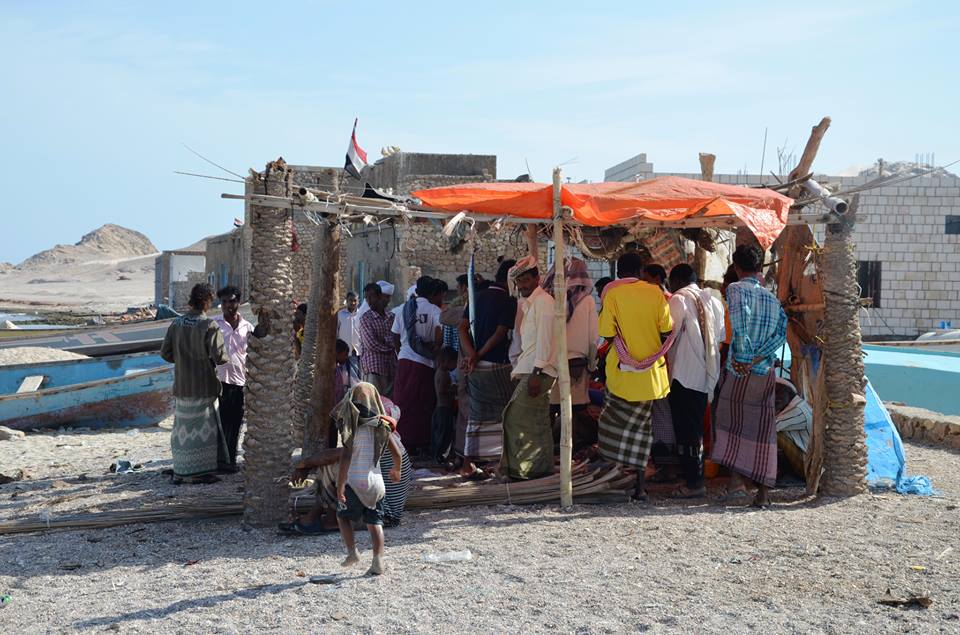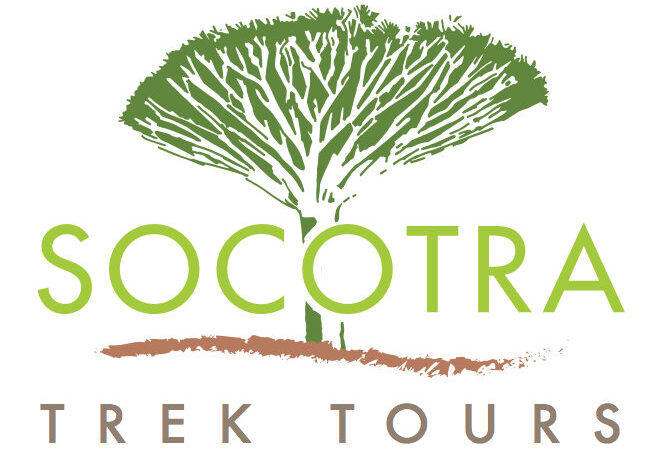
The Socotra Archipelago is not only a place of extraordinary natural beauty but also home to the Soqotri people. With a population estimated at around 60,000, most residents are concentrated in the capital of Hadiboh and the western town of Qalansiya.
The Soqotri people
The Soqotri, also known as Socotran, are an ethnically South Arabian group who have long inhabited the archipelago. Their culture is deeply rooted in tradition, and their lifestyle is a testament to their resilience and adaptation to the harsh island environment. Historically, they were Nestorian Christians, converting to Islam in the 15th century due to the occupation by the Mehri Sultanate.
👉🏽 If you want to know more about Socotra’s History
Traditional livelihoods
The islanders’ way of life is primarily sustained by traditional practices such as livestock herding, fishing, date farming, and small-scale agriculture in primitive home gardens. Livestock varieties include goats, sheep, cattle, and camels, each adapted to different parts of the island’s diverse ecology. Fishing remains a crucial part of their economy, with fish and seafood being major commodities exported to mainland Yemen and Oman.
Poetry and music in Socotra
Poetry and song are deeply ingrained in Socotri culture and serve as primary means of communication. These forms of expression are not only a way to pass down stories and traditions but also to preserve the language and cultural identity. The island’s residents often gather to share and perform their poetic works, which are typically accompanied by music. This cultural practice is so vital that festivities centered around poetry and music are common, celebrating both new and old compositions.
Spiritual practices
The spiritual life of the Socotri is significant, with Islam playing a central role. The practice of Islam is intertwined with daily activities and cultural expressions. Socotri Muslims adhere to the five daily prayers, which are a cornerstone of their spiritual practice. This religious adherence shapes much of the social and cultural norms observed on the island.
Environmental stewardship
Living in harmony with their environment, the Socotri have developed complex traditional rules for managing their resources. These practices have been crucial in maintaining the island’s unique biodiversity, which has earned Socotra recognition as a UNESCO World Heritage Site.
Modern challenges
As modern influences encroach, the Socotri face challenges in preserving their language and heritage. Efforts are ongoing to document and revitalize their native Soqotri language, which is among the Modern South Arabian languages with no mutual intelligibility with Arabic.
